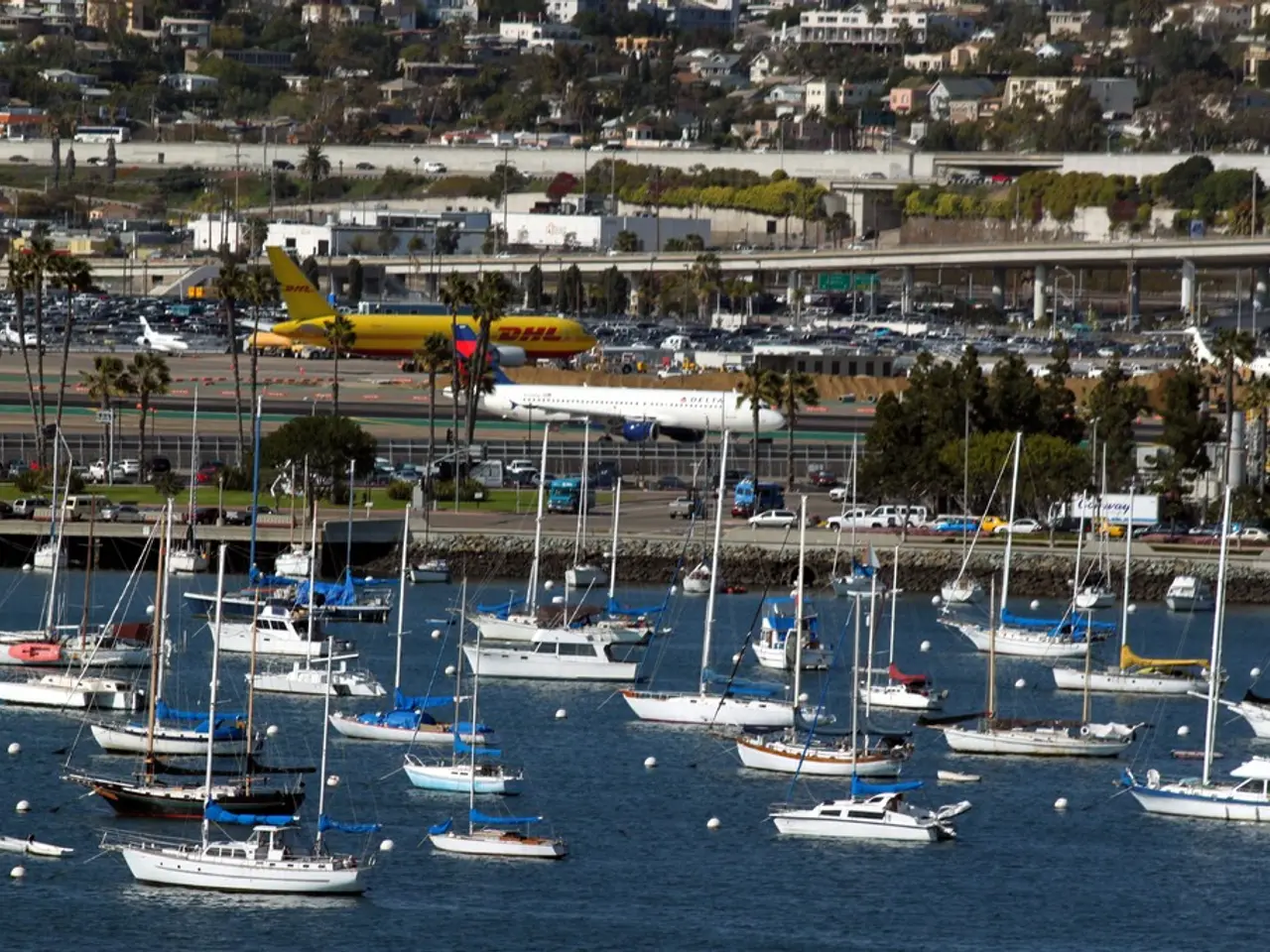U.S. and China commit financial support for Pacific Island nations
In the Pacific Islands region, a power struggle is unfolding as China, the US, and Australia compete for influence. The strategic, economic, and geopolitical significance of the region has made it a hotbed of activity, especially amid rising great-power rivalry.
This week, the economic development deal between Nauru and China was made public. The agreement, worth an estimated A$1 billion, will focus on renewable energy, phosphate industry, fisheries, water, agriculture, transportation, and health sectors. Meanwhile, the Chinese corporation pledged A$1 billion to Nauru, a Pacific Islands nation with a population of 12,000.
At the same time, the US made a US$60 million pledge to the region under a 2022 treaty, in response to the Solomon Islands' decision to block certain countries, including China and the US, from attending a meeting. The Solomon Islands, China's biggest ally in the region, has been under pressure from Beijing to exclude Taiwan from the meeting.
Australia is also stepping up its presence in the region. Australian Minister for Foreign Affairs Penny Wong, Minister for Defence Richard Marles, and Minister for Pacific Island Affairs Pat Conroy are holding security talks in Vanuatu today. Additionally, Australia is sending high-level delegations to Papua New Guinea and Vanuatu for security talks.
The US Deputy Secretary of State, Christopher Landau, announced the release of the long-promised funds on Monday. The funds are expected to support regional security and infrastructure, with Australia already having funded the upgrade to the Lombrum Naval Base in Papua New Guinea. Richard Marles, the Australian Minister for Defence, recently opened the Lombrum Naval Base, describing it as the largest security infrastructure project delivered by Australia in the Pacific.
As the competition intensifies, the Pacific leaders meeting next month will consider regional security. Australia is seeking to block China from forging further security ties in its Pacific neighborhood. The meeting is expected to be a significant event in the ongoing power struggle in the region.
Key reasons driving this competition include strategic and military importance, China’s active and multifaceted engagement, US and allies’ security concerns, Pacific Island nations’ vulnerabilities and diplomacy, economic incentives, and political and diplomatic contests.
The Pacific Islands' strategic location, China's growing assertiveness using a comprehensive influence strategy, and the US and Australia's desire to safeguard their regional security interests and partnerships in the face of shifting geopolitical dynamics are the main factors driving the competition.
[1] The Diplomat
[2] Asia Times
[3] The Conversation
[4] The Guardian
[5] Council on Foreign Relations
- The escalating competition among China, the US, and Australia extends beyond geopolitical and economic interests, as it also includes sports diplomacy, with each nation attempting to form closer ties through various sports initiatives. (The Diplomat)
- Amidst the ongoing tensions in the Pacific Islands region, sports have become an effective platform for soft power projection and diplomacy, with China, the US, and Australia each sponsoring local sports events and teams to bolster their influence. (The Conversation)






